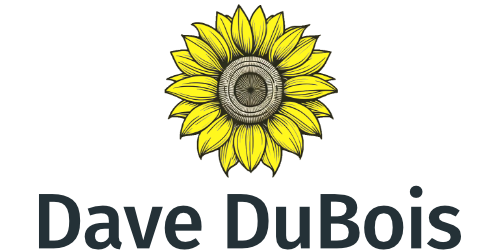
In the Integration phase, the focus naturally shifts to applying the insights, skills, and new behaviors discovered and nurtured in the previous stages. In contrast to the Growing phase, you are not just practicing in controlled environments but are actively applying your new skills and behaviors in real-life situations as they naturally arise.
In this phase, you practice maintaining awareness and making conscious choices with your new skills and behaviors. You face challenges with a newfound sense of ease and confidence. This phase is about unifying all the previous stages and putting them into practice, one facet of the term "Integration."
In the context of Parts Work, this is the phase where you assimilate the unburdened parts into a cohesive system. Parts that were previously weighed down by obsolete beliefs are now free to exist within the system without their previous burden or reactive coping mechanisms.
Triggering situations and events may still trigger you. However, you are far less often pushed outside your window of tolerance. And when you are, you find your way back quickly; the definition of resilience.
The skills and sub-skills of the Integration phase include Cognitive Flexibility, Emotional Intelligence, Purpose, Perspective-Taking, and a continuing Growth Mindset. The practices involved in this phase are mostly spontaneous and anticipated real-life scenarios, invitations to adapt and respond with your newly cultivated skills.
While integration is ongoing with no identifiable endpoint, this phase culminates with the regular and natural arising of new beliefs and behaviors, both with and without effort, in everyday life. Over time, these behaviors become more ingrained, and the skills strengthen, ultimately turning into lasting traits. The Integration phase signifies the completion of one cycle of transformation but is not the end. It's a starting point for living a life of thriving and flourishing.
